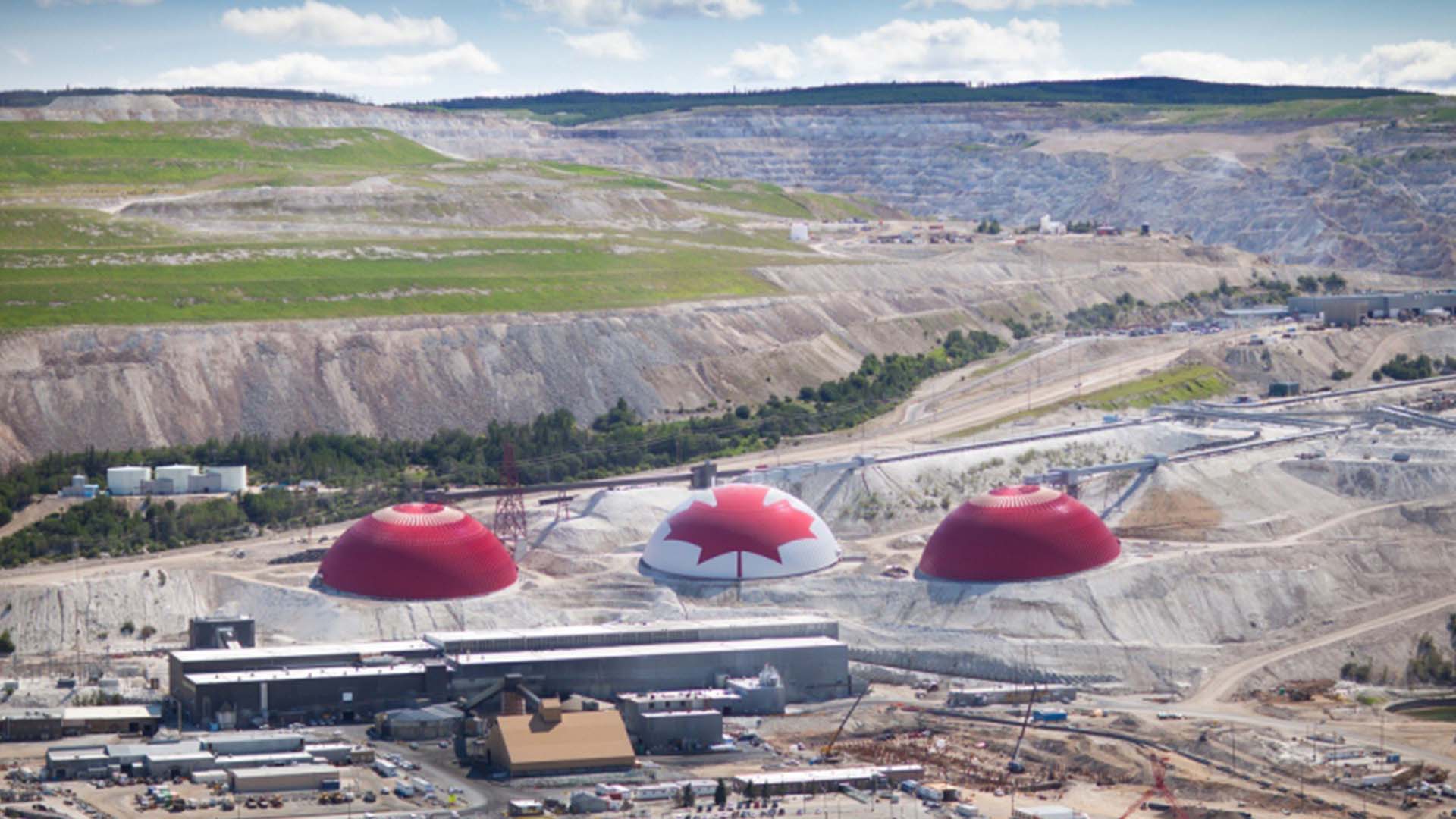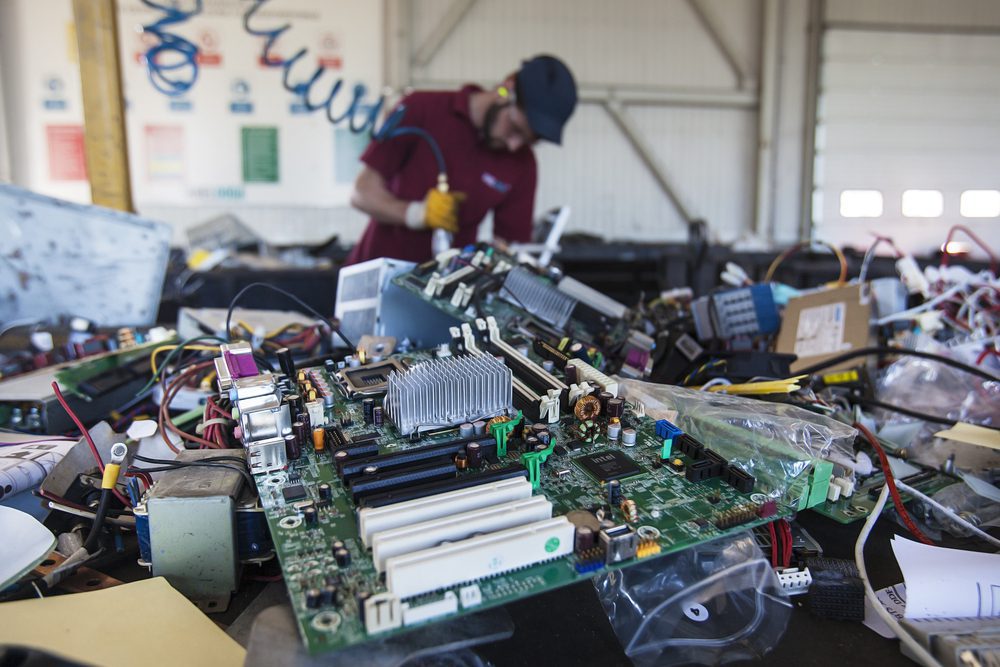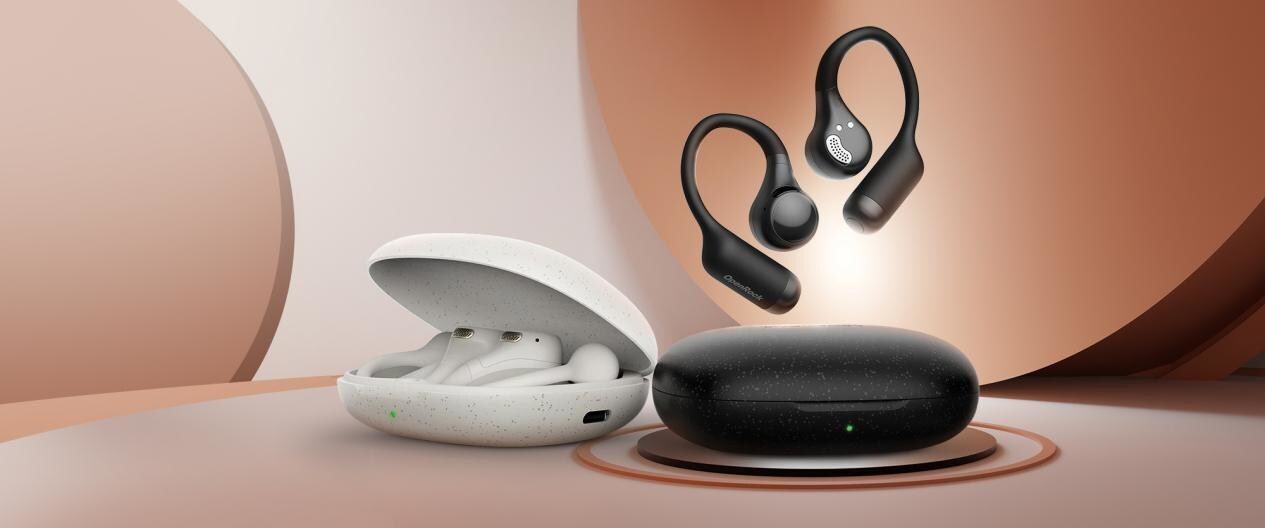Copper has been gaining attention in recent years for its green energy benefits, but did you know that copper is also commonly used in our day-to-day lives? From our homes to our hand-held devices, here are some of the most common modern uses of copper.
1) Phones/Computers
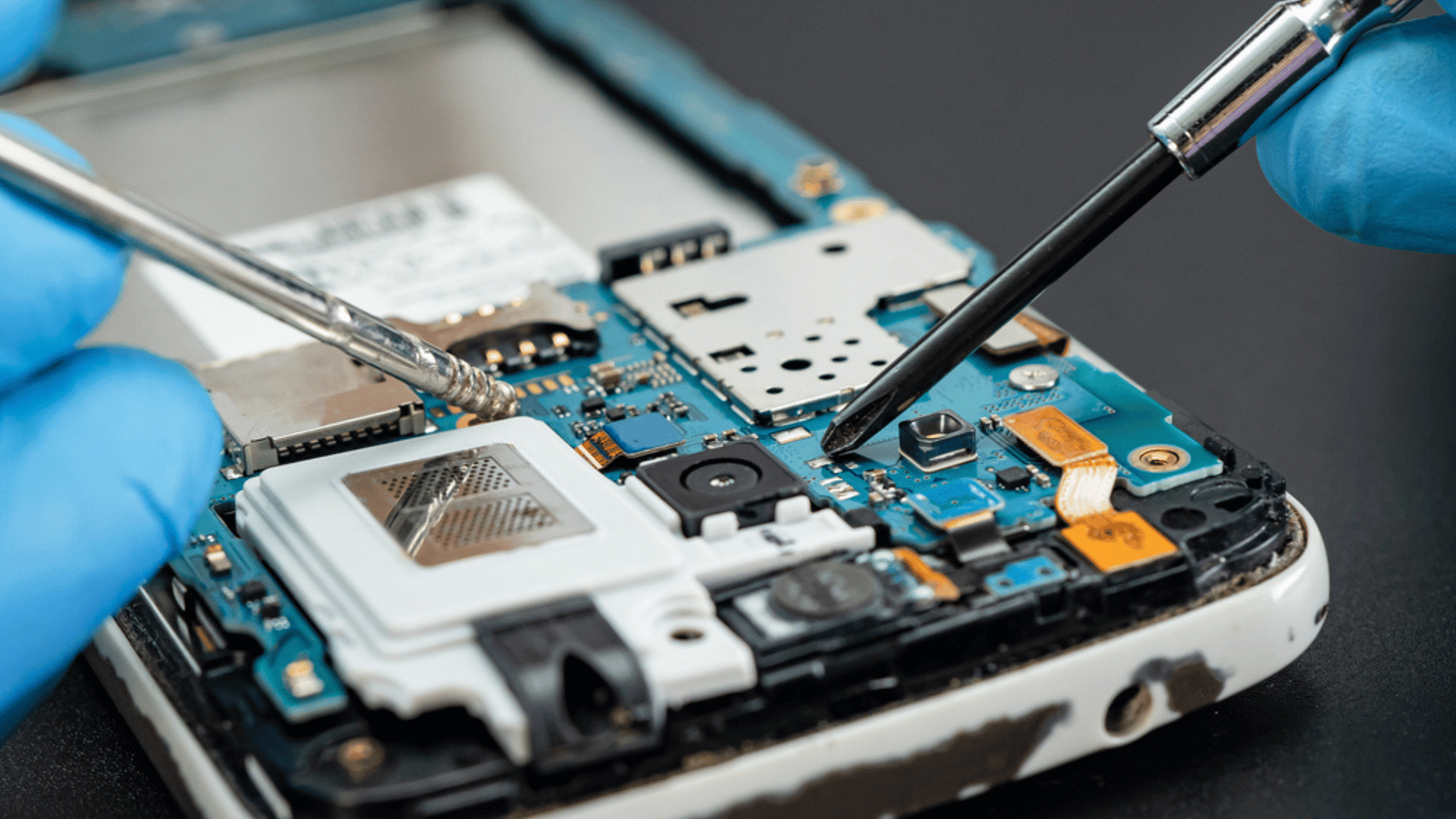
Copper is used in the circuitry of phones because it’s a super-efficient conductor of electricity and heat. The most common mineral found in cell phones, copper is used in the manufacturing of the wires and connections that carry electrical signals throughout your phone. In a way, we have copper mining to thank every time we open our phones and log onto our emails or favorite social media apps. The use of copper in computers also allows conductor channel lengths and widths to be significantly reduced, resulting in quicker operating speeds and greater circuit integration.
2) Sinks/Tables
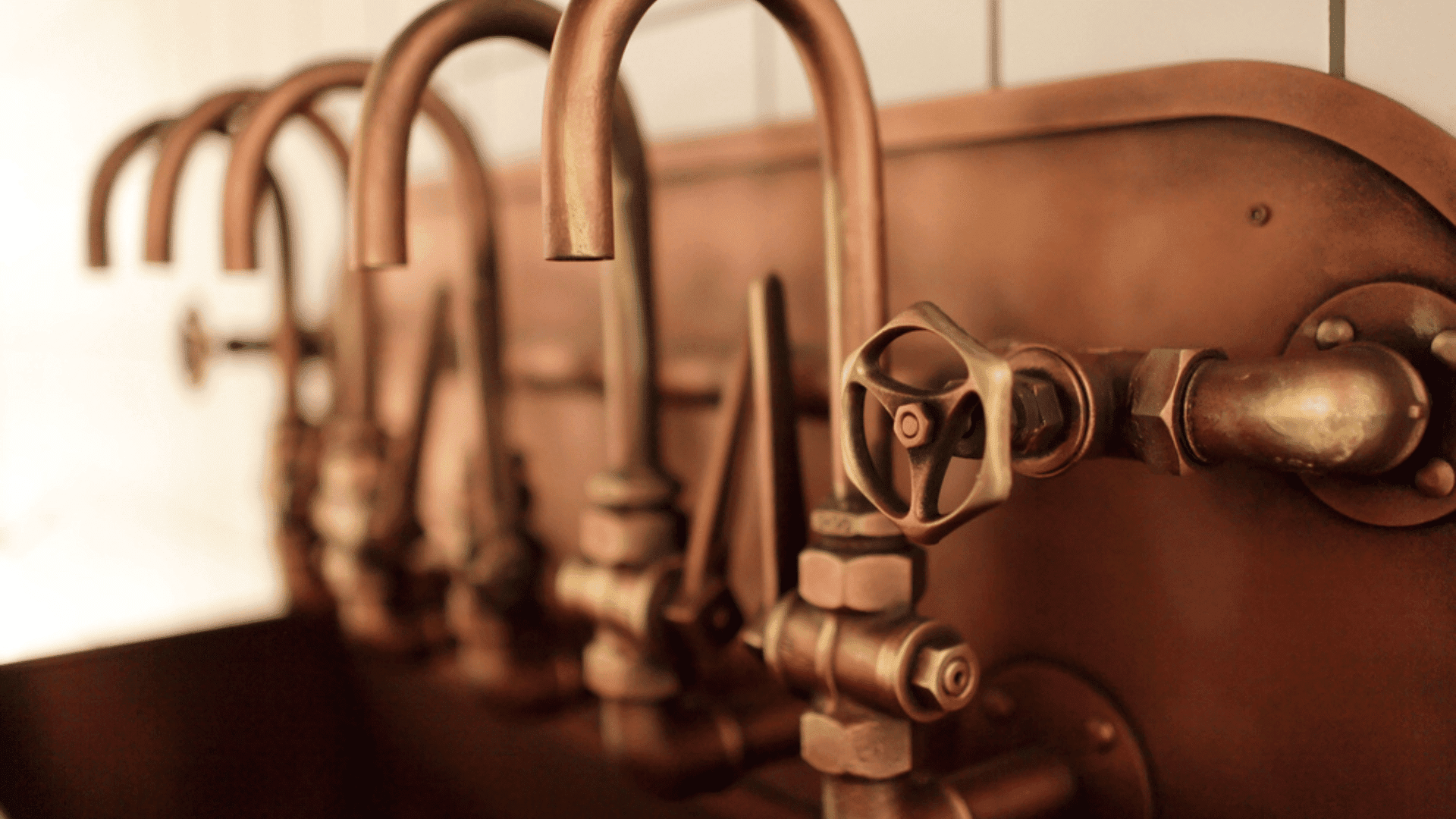
The metal is a common choice for sinks because it’s resistant to corrosion and also has antimicrobial properties, which is helpful as sinks can be an area that commonly cultivates bacteria. Additionally, because the material is extremely malleable, it can be turned into thin sheets or plates to perfectly cover tables or countertops.
3) Tools
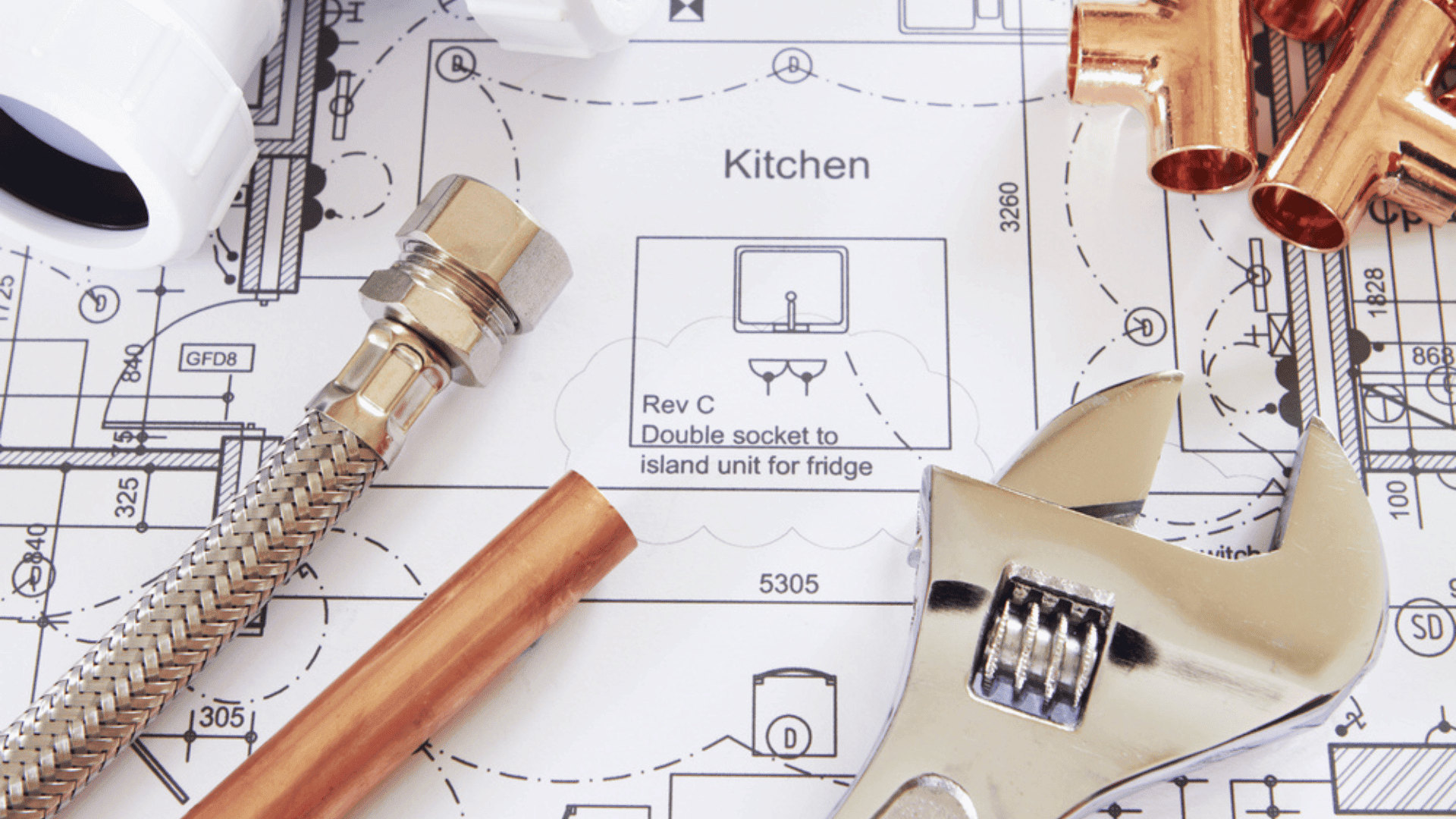
Many tools such as pliers, wrenches, screwdrivers, etc. are made from copper due to the metal’s durability. Most models are made of beryllium copper, which is a non-sparking and non-magnetic alloy that works well in hazardous workspaces.
4) Doorknobs/Railings
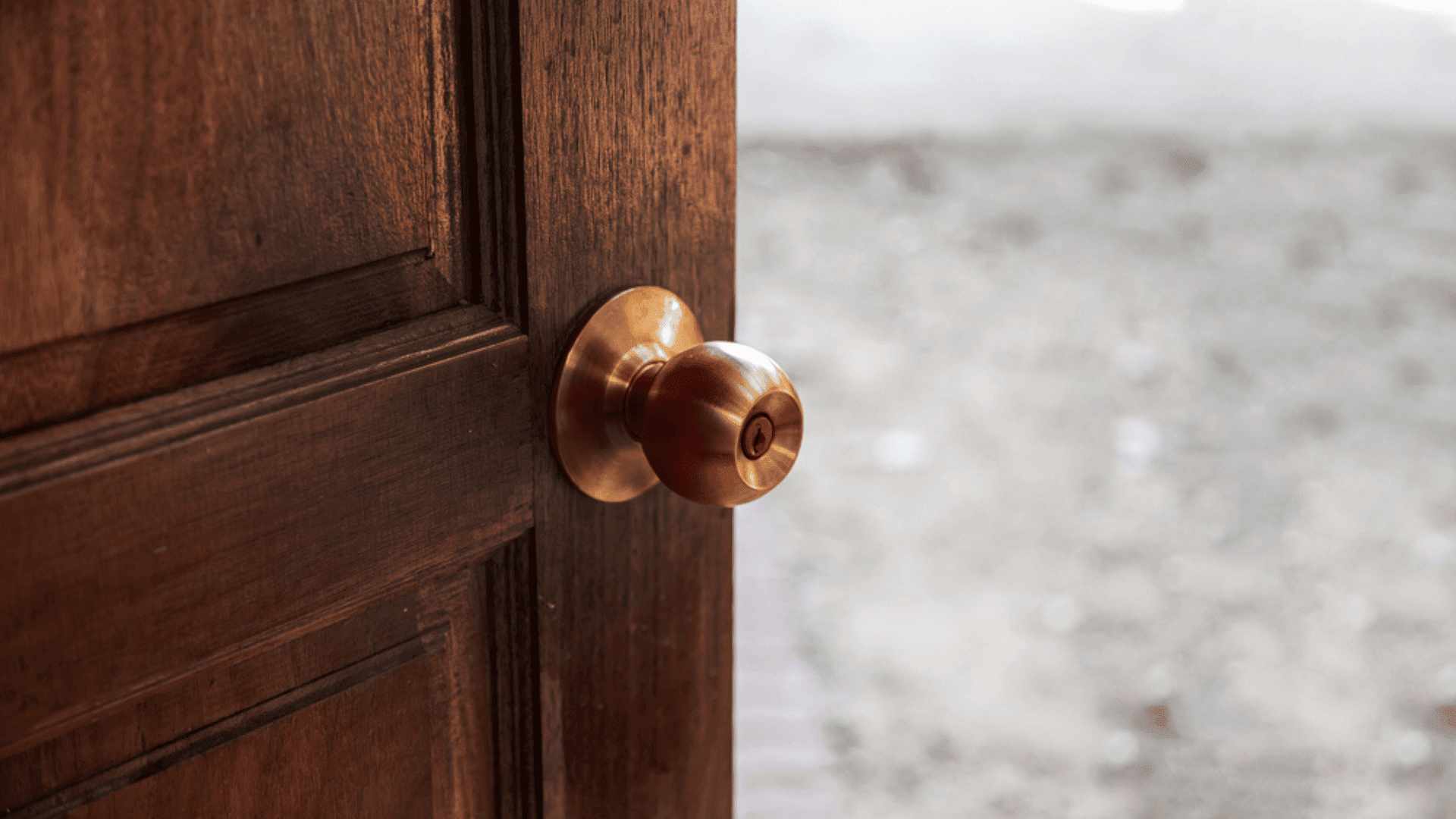
It’s fair to say that most, if not all, of the door knobs, pull handles, and railings you’ve used are at least partly made of copper. This, again, goes back to copper’s antimicrobial properties as these are commonly touched surfaces, and building with copper helps reduce the spread of germs.
Explore Tomorrow's World from your inbox
Get the latest science, technology, and sustainability content delivered to your inbox.
I understand that by providing my email address, I agree to receive emails from Tomorrow's World Today. I understand that I may opt out of receiving such communications at any time.
5) Wires
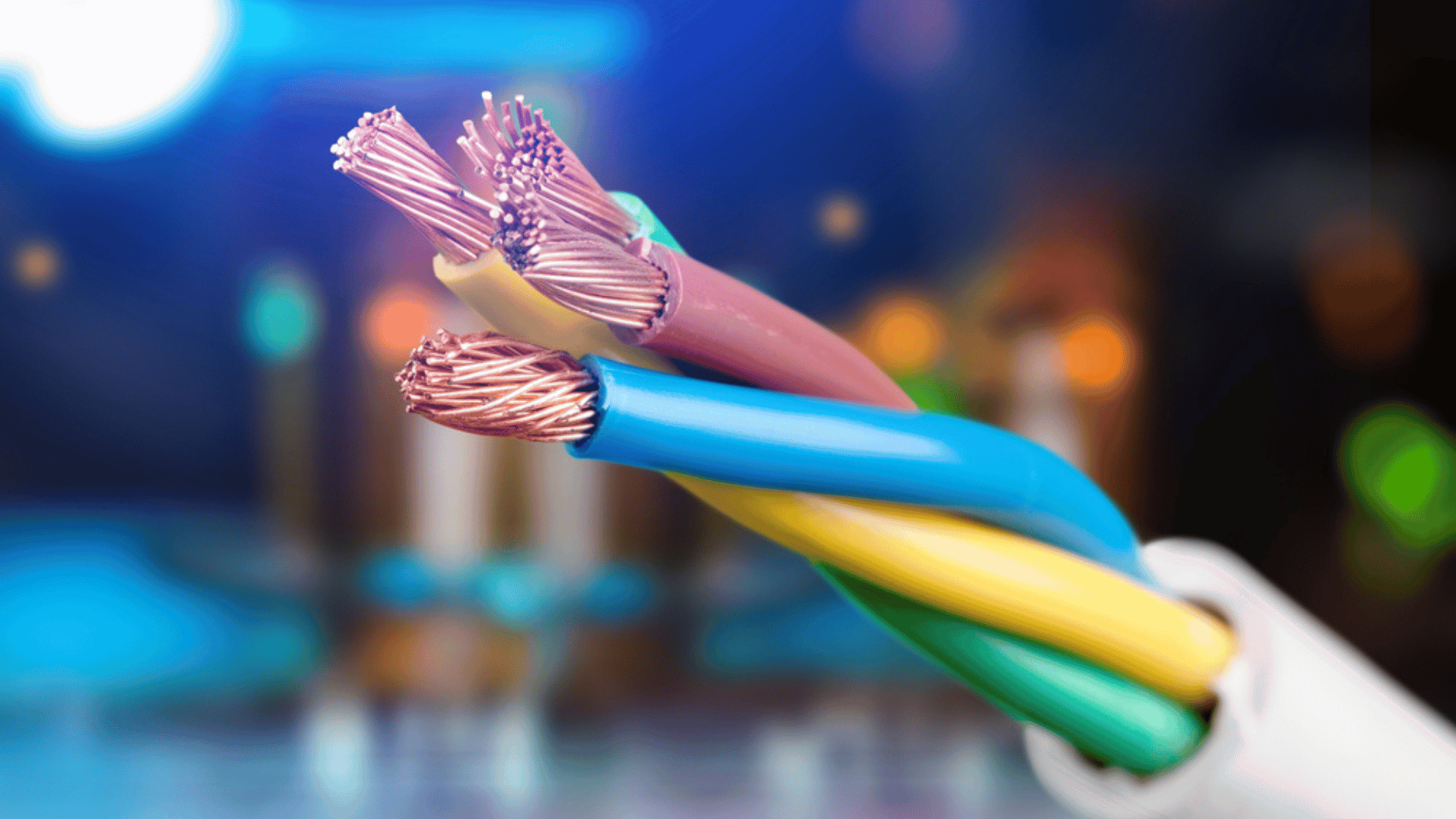
Copper is the safest and most efficient material used for wire cores because, unlike silver, it doesn’t burn up when conducting high voltages. Its conductivity and ductility allow it to form complex cabling, fitting into tight spaces, around corners, through holes, etc. The metal can also be easily stretched and bent without sustaining damage. It can be used for many applications including power generation, telecommunications, distribution, circuitry, and telecommunications.
6) Pipes/Gutters
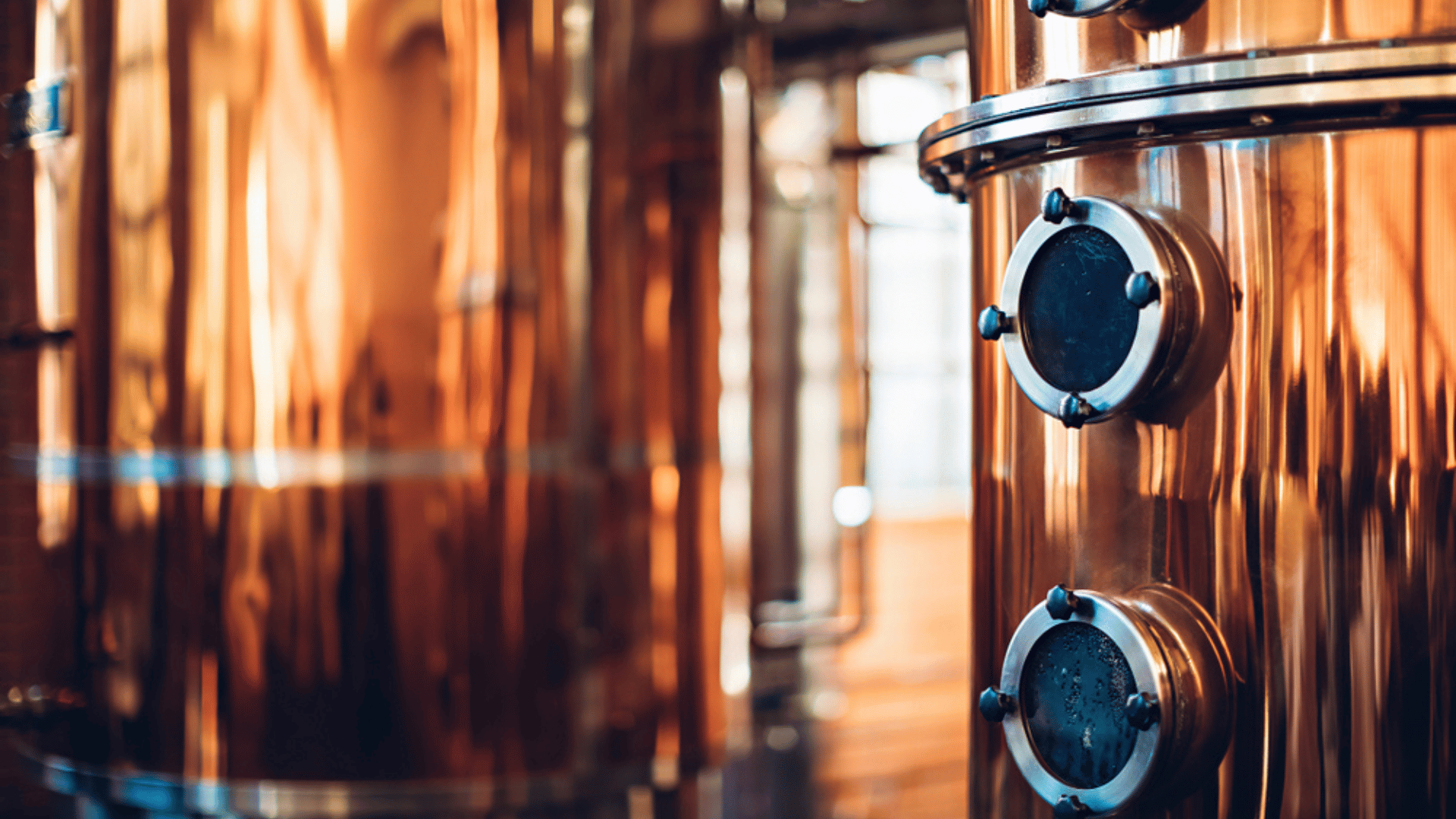
Pipes used to transport water or other substances requiring zero-level contamination are often made from copper alloys because the antimicrobial properties act as a filter. Copper pipes can be found in automotive radiators and air conditioners, transporting seawater for marine companies, sodas or spirits for food processing companies, and so much more. It’s also utilized in the construction of gutters because it’s long-lasting under extreme weather conditions and repels mold and mildew.
7) Musical Instruments

In addition to durability, copper alloys are also sought after for their acoustic qualities. This is particularly true of brass, an alloy of copper and zinc, which is so common that it has its own subset of musical instruments.
Tune in to the Science Channel to watch Conducting Change at 10 AM on Saturday, April 20!



